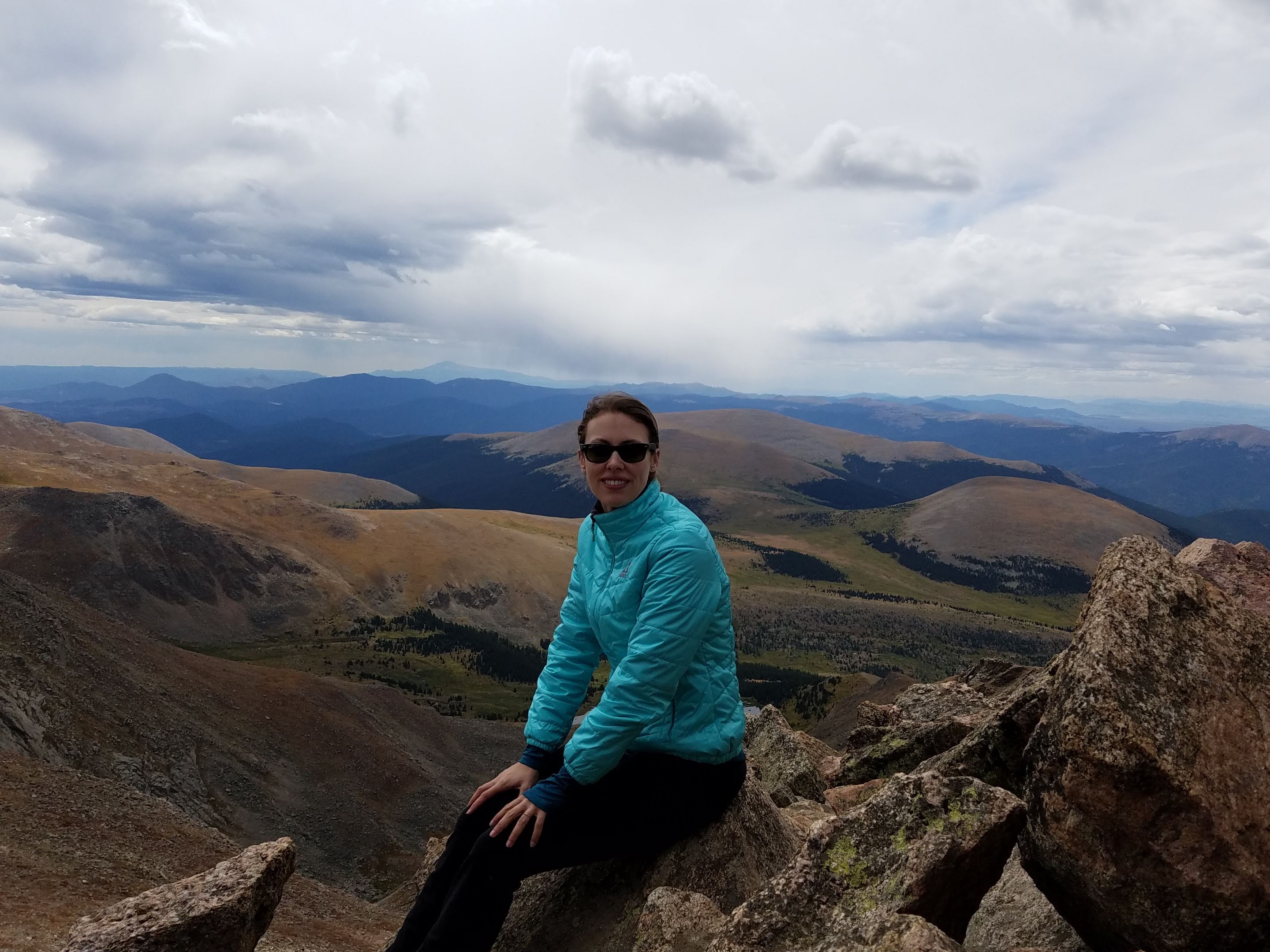
Kara Mould, MD, MPH
Assistant Professor
Division of Pulmonary, Critical Care & Sleep Medicine
Department of Medicine
National Jewish Health
Do you think Dr. Mould:
- Has seen how SPAM is made?
- Has never had a pet?
- Was a collegiate volleyball player?
Give us your “elevator pitch biography.
I am a Pulmonary/Critical Care Medicine physician-scientist studying lung inflammation and ARDS. Specifically, I am interested in the influence of airspace macrophages on inflammation and repair. My prior work has defined transcriptionally distinct macrophage subsets in humans. Currently, we are working to understand the unique functions of these cell types. Our data suggest that specific groups of macrophages may aid in recovery from lung inflammation. Our long-term goal is to define cell-specific functions that may be targeted for therapeutic potential.
What would you tell yourself as an Early Career Professional?
You can't do it all, and that's okay.
If you weren’t in medicine, and were in a different industry altogether, what would you be?
I used to think I wanted to be a detective or gather intelligence for the CIA.
What is your favorite way to spend a day off?
I like to explore nature and get my hands dirty.
What areas of medicine are you most excited to see develop?
Diagnostic imaging modalities - I am continually impressed by the power of our radiology studies to see inside the human body. I love the idea of developing new disease and/or cell-specific molecular imaging labels to guide our diagnostics and therapeutics.
What is one advancement in your field you’d like to see in your career?
I am looking forward to advances in personalized medicine, especially in the intensive care setting. I think that “omics” approaches to studying clinical syndromes such as sepsis and ARDS will advance our understanding of the molecular basis for clinical heterogeneity within these diagnoses. In turn, I hope that we will be better equipped to provide accurate prognoses and targeted treatments for critical illnesses.
Which statement did you make up?
I was not a collegiate volleyball player.

